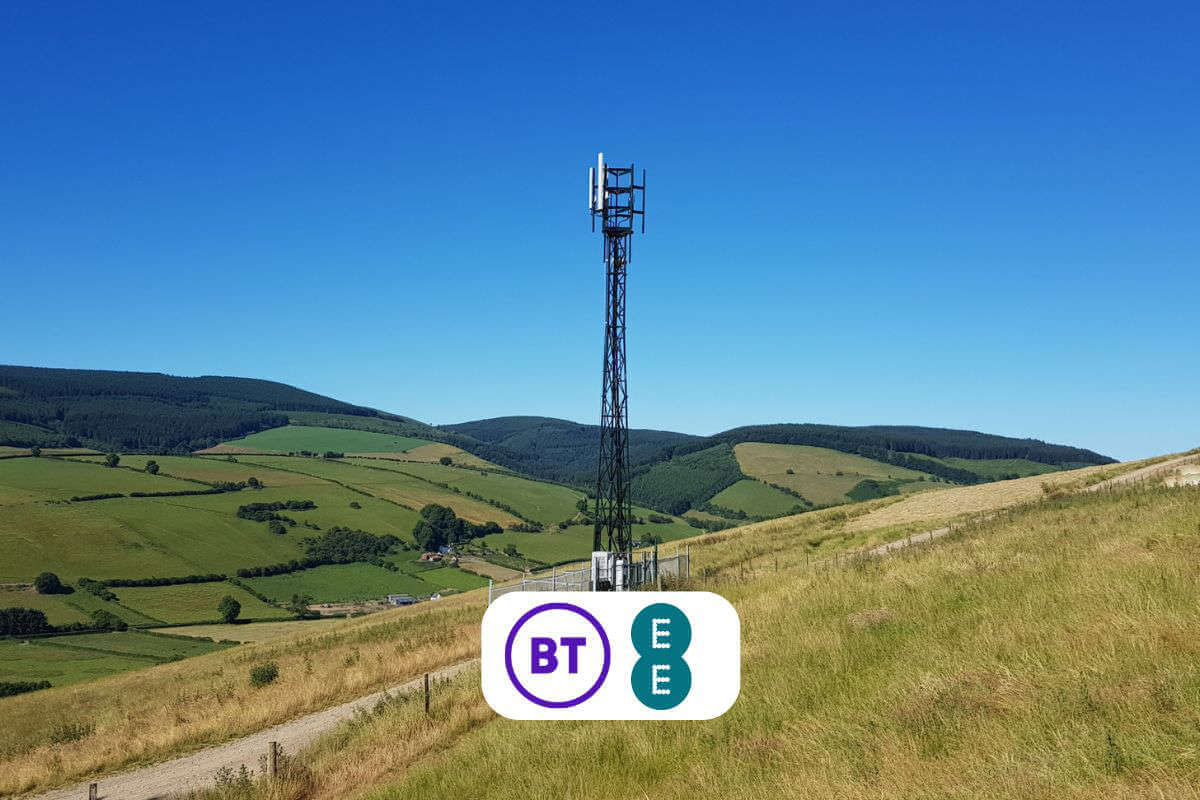
BT Group has implemented energy-saving 'cell sleep' technology at EE mobile sites across the UK, following successful trials in all four UK nations. As a result, BT Group expects the technology to deliver energy savings, reducing its demand on the local grid, the British telecommunications company announced on Monday.
Also Read: BT Group and ServiceNow Expand Partnership to Enhance Customer Experience
Cell Sleep Technology
The 'cell sleep' software conserves energy by putting certain 4G LTE capacity carriers to sleep during predicted periods of low traffic, based on machine learning insights. The system automatically reactivates during busy times and can respond within seconds to unexpected surges, ensuring uninterrupted service. Additionally, a 'deep sleep' mode can be activated during overnight periods of extremely low demand.
Benefits and Savings
The technology, now deployed to over 19,500 sites, is expected to save up to 2 kWh per site per day, amounting to 4.5 million kWh annually, thereby reducing BT Group's energy demand on the local grid. This initiative aligns with BT Group's goal to become a net-zero carbon emissions business by March 2031.
Both the ‘cell sleep’ and ‘deep sleep’ functionalities are provided by the respective RAN equipment supplier on each of EE's sites. BT Group uses its site data to inform the statistical algorithms, which then autonomously control the functionalities, the company said.
Also Read: BT Launches NB-IoT Network to Support UK Smart Cities and Industries
BT Group said, "There is huge potential for energy savings across our networks by dynamically matching power consumption against network usage. The optimisation and rollout of cell sleep technology to over 19,500 sites across the UK is a significant milestone in achieving this and an important development in countering the massive growth in data consumption we’re seeing across our networks."
Networks Energy Consumption
BT Group noted that its networks account for around 89 percent of its total energy consumption, emphasising that increasing network energy efficiency is essential to achieving its goal of becoming a net-zero carbon emissions business.
Also Read: BT Completes Shutdown of EE 3G Mobile Network in the UK
As reported earlier this year by TelecomTalk, BT Group completed the switch-off of its legacy 3G network, which the company said will deliver energy savings of 17.44 million kWh per year.
The company also reported upgrading to energy-efficient RAN equipment, including the deployment of ultra-lightweight Massive MIMO technology, which uses up to 40 percent less energy than the previous generation of radio equipment.















